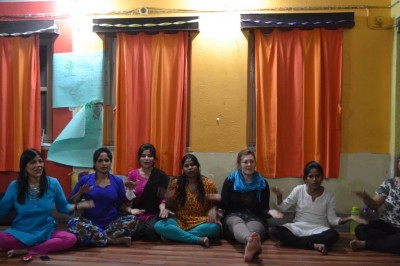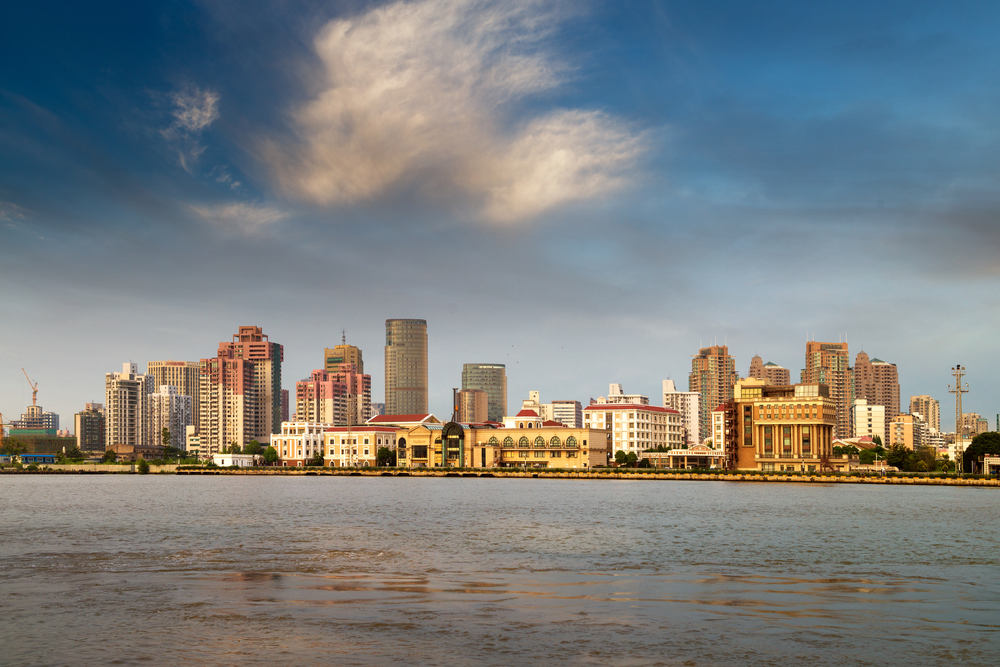This March, I was granted the opportunity to exchange ideas with civil society organizations in India who are working on the issue of human trafficking and forced labor. I shared my work as a social worker, organizer, and advocate here in the U.S., and learned about the challenges and innovations these groups were exploring in India.
I started in Mumbai, where I met with gender rights advocates and staff of a drop-in program for children of sex workers, offering meals, tutoring, and safety. In Hyderabad, I met with a group of domestic worker leaders who shared their struggles for inclusion, which profoundly mirror the struggles domestic workers are facing here at home.
 My next stop, Bhubaneshwar, put me in the room with an energetic cohort of gender studies students who asked key questions about wage disparities, political advocacy by survivors, and how we could unpack the divide between sex and labor in the anti-trafficking movement. In Chennai, the highlight was Isabel Richardson, who runs a shelter home and invited me to help inaugurate a brand new retail outlet that would provide training and income to young survivors.
My next stop, Bhubaneshwar, put me in the room with an energetic cohort of gender studies students who asked key questions about wage disparities, political advocacy by survivors, and how we could unpack the divide between sex and labor in the anti-trafficking movement. In Chennai, the highlight was Isabel Richardson, who runs a shelter home and invited me to help inaugurate a brand new retail outlet that would provide training and income to young survivors.
I presented at a conference of academics and activists in Ranchi which was focused largely on the in-country migration for household work of young girls, and visited the soul-warming open space of Kolkata Sanved, a unique program that uses dance movement therapy to help unlock the potential of survivors of gender-based violence.
In total I visited six cities, all different from each other, yet all coming up against the same challenges: good ideas and not enough resources. Many of them have moved beyond rescue mentality and toward the idea that governments should be responsible for the safety, health, and well-being of the people. Activists there are turning to the prevention side of human trafficking and forced labor, asking for policies and programs from government that address safety nets, unemployment, global inequality, and even climate change. As is true in the U.S., we need organizing and activism to demand such accountability.
The trip was a perfect transition point for my work; this month I step back from more than a decade of work on labor rights and trafficking and begin my tenure as the new Associate Director here at IPS.
At IPS, our analysis about global justice is that the world’s wealth derives in large part from resources that belong to all of us, and we are working to reverse global and national policies that accelerate inequality, and, for example, accelerate forced labor and trafficking.
It’s an honor to step into a role at IPS that will allow me to create a supportive and generative space for our staff, fellows, and interns to bring these kinds of ideas into action.
